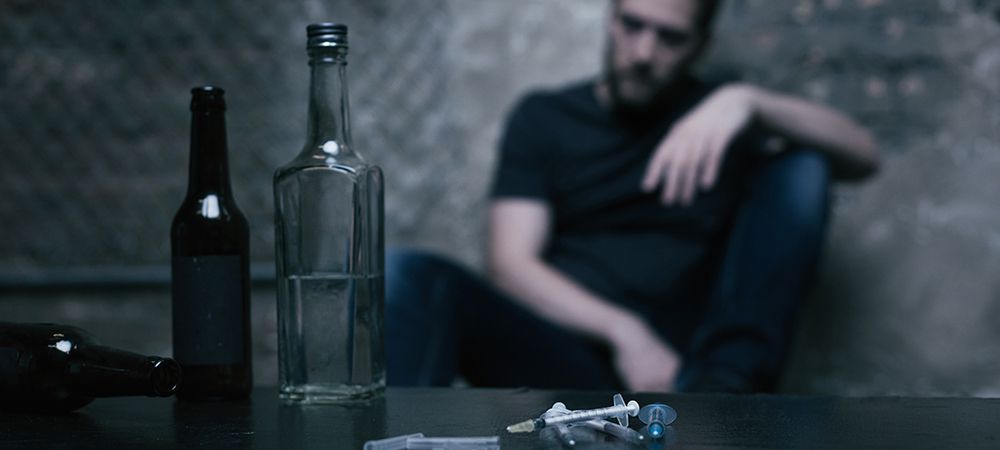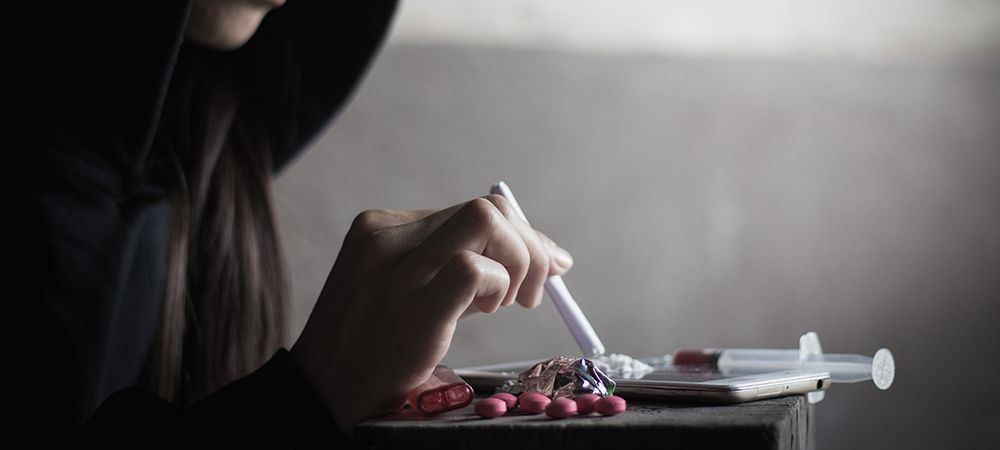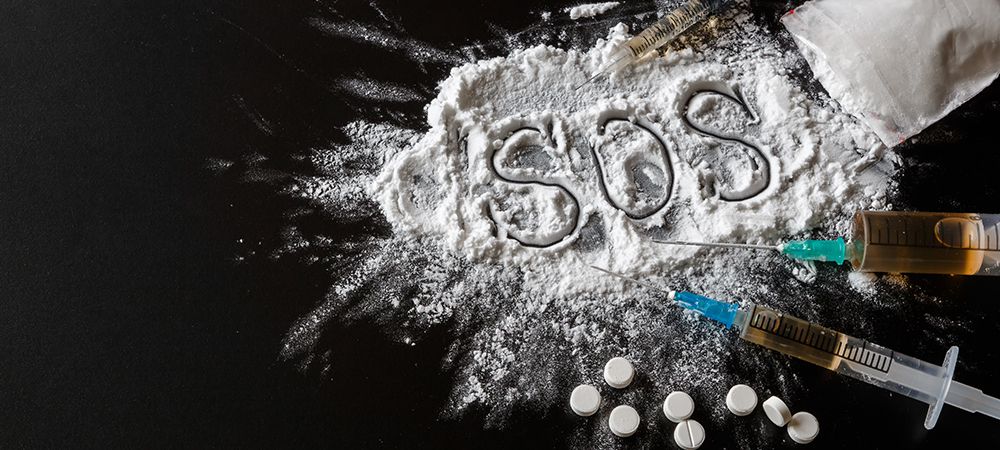Heroin addiction is a complex condition that can have tragic long-term effects. It can stem from past trauma or present stress, from troubled relationships, and from a feeling of isolation. People who struggle with heroin addiction can lose their jobs, their financial stability, and their relationships with the people they love. They can lose their health, and in some cases, their lives.
As societal attitudes to addiction have evolved, more treatment options have become available to people with heroin addictions. No matter how successful a treatment program is, though, the stresses of life do not just disappear.
The early post-rehab period is when a person in recovery is most susceptible to relapse. It is important to plan for a crisis before the crisis actually happens, so that you can be prepared to deal with challenges without turning to heroin.
How Is Heroin Addiction Treated?
Like most substance use disorders, heroin addiction does not happen in a vacuum. It usually happens as a result of something else: trauma, abuse, stress, relationship difficulties. Addiction often coexists with physical or mental health conditions such as chronic pain, post traumatic stress disorder, schizophrenia, and much more.
What this means is that heroin addiction does not look the same in any two people, and in order for treatment to be effective, it should be customized for the person who needs it. Rehab usually takes the form of a combination of therapies that are best suited to the individual, such as individual or group therapy, creative therapies that use music, art or dance, fitness and nutrition counseling, mindfulness and meditation, and family therapy.
What Happens When You Leave Rehab?
Like all good things, rehab has to come to an end sometime. This can be a daunting prospect for those in inpatient rehab programs that are isolated from the real world. There is always the risk that sudden exposure to the stresses of daily life will prove to be too challenging for someone who is fresh out of treatment.
For this reason, it is important to have a plan already in place before you leave rehab. Most addiction treatment facilities have aftercare programs that may include the following:
- A 24-hour support line to call if you feel that you are in danger of relapse
- Check-in appointments to monitor how the transition to the outside world is going
- Education and training sessions
- Referrals to addiction therapists and services in your area
If you have access to an aftercare program, it is important to avail yourself of it. A wide body of anecdotal evidence indicates that aftercare programs can significantly reduce the chances of relapse.
Why Does Relapse Happen?

Whether you have an aftercare program available to you or not, it is helpful to know why relapse happens, so you can put plans in place and respond to triggers without using heroin.
Most people regard relapse as an event in time, during which the addicted person physically uses the substance. Relapse is actually a process that takes place over time, in three distinct phases.
Emotional Relapse
The first warning sign that you may be in danger of using the heroin again is the appearance of negative emotions, such as anger, sadness or helplessness. Eating and sleeping patterns may become irregular, and the once-appealing notion of recovery may start to lose its gloss. At this stage, you may not be thinking of using heroin, nor may you realize that you are at risk.
Mental Relapse
People can only handle negative emotions for so long before seeking a way to cope. For people in addiction recovery, this may mean instinctively leaning toward heroin. This phase of relapse can come with intense internal conflict: you want to maintain your sobriety, and yet you also want to use heroin. Eventually, you may start to abandon the notion of sobriety and start to actively think about the logistics of getting and using drugs.
Physical Relapse
Physical relapse tends to happen soon after mental relapse has set in, and it is the point at which you physically ingest heroin. For some people, physical relapse is a one-time event immediately followed by a return to sobriety. For others, it can lead to another stage of active addiction.
What Strategies Can Be Used To Prevent Relapse?
Something that a multitude of physical and mental health conditions have in common is that early detection can prevent a full-blown flare-up. The best way to prevent relapse is to look out for those negative emotions and subtle changes to daily living habits that could be a sign of emotional relapse.
Preventing Or Coping With Emotional Relapse

Specific strategies include the following:
- Ensure that you have a schedule to your day so that boredom doesn’t set in. If you’re not working, take up a creative hobby, learn a new skill, or read that book you’ve been meaning to.
- Take care of your physical health. This means eating nutritious meals, getting enough sleep, and being physically active. Emotional relapse can be triggered by tiredness or a sense of not feeling well.
- Avoid social isolation. Ensure that you have access to people who can be a positive part of your life. This could be family members, trusted friends, and people you meet at your Narcotics Anonymous meetings.
- Stay away from people you used drugs with prior to your addiction treatment. They may trigger those negative emotions that could put you on the slippery slope to physical relapse.
- Keep your therapy appointments. While you are transitioning from rehab to real life, you are re-learning how to go about your daily life. Taking what you learned in rehab and applying it to the big wide world can be overwhelming, and ongoing therapy can help.
- Consider mindfulness or meditation classes. These can help you teach yourself how to accept negative thoughts and feelings, and then let them go. Not only do these practices reduce stress, they can help you cope better.
Mental Relapse: It’s Not Too Late
If you do progress to the stage of mental relapse, it is not too late to avoid using the substance. Getting through this phase could depend on a simple factor: ensuring that you do not have access to heroin. This will require prior planning. Some things you could consider doing as soon as you are out rehab include the following:
- Get rid of any drugs or drug paraphernalia that might still be in your house. If you have a history of using other substances along with heroin – such as cigarettes or alcohol – get rid of them too.
- Make a list of emergency contacts you can call if you feel that you are in danger of relapse. This could include your rehab centre support line and your NA sponsor.
- Avoid keeping large sums of cash. Consider asking a trusted friend or family member to safeguard your bank card to prevent you from being able to buy heroin on the street.
What If Relapse Happens?
For some people, physical relapse will happen in spite of their best efforts. If this happens to you, you need to remember that relapse does not mean your treatment has failed. As with any illness, you can face setbacks in your addiction recovery. The thing to do is get yourself the help you need, without delay. This may mean a brief stay in your rehab centre, or it could mean a series of outpatient appointments.
You want to avoid relapse if at all possible – but if it happens, it is not the end of the world.
Getting Help For An Addiction
If you are struggling with heroin addiction, either for the first time or after a physical relapse, help is available to you. At Thousand Islands Rehab Centre, we treat people, not addictions. We will create a customized treatment program that takes into account your unique needs and circumstances. For more information about our programs, or to book your treatment, call us today.
